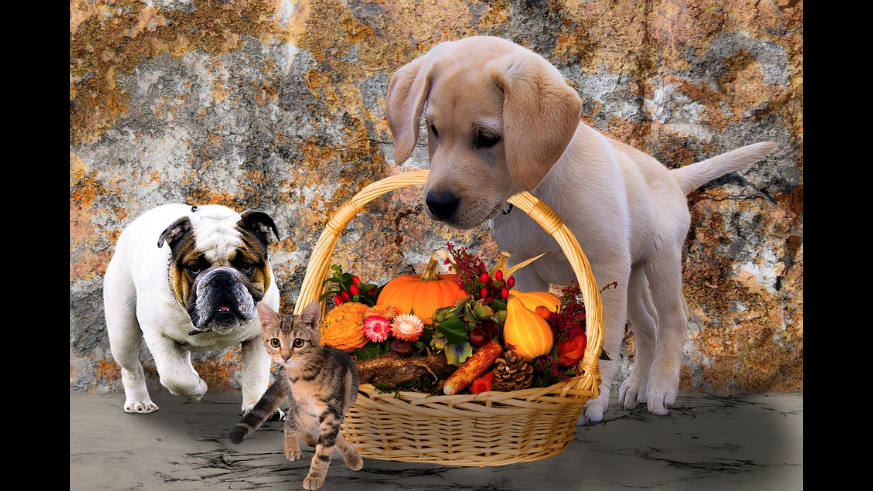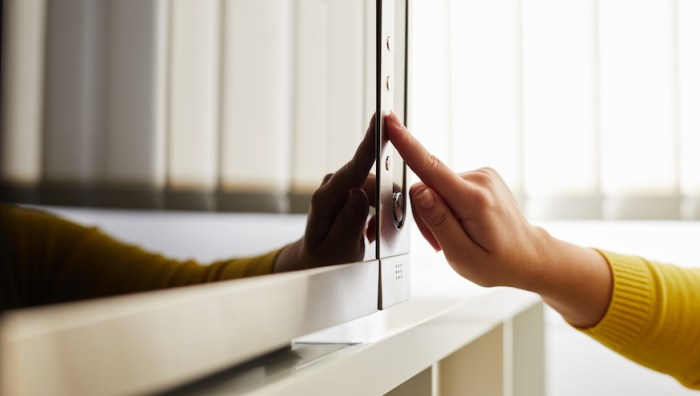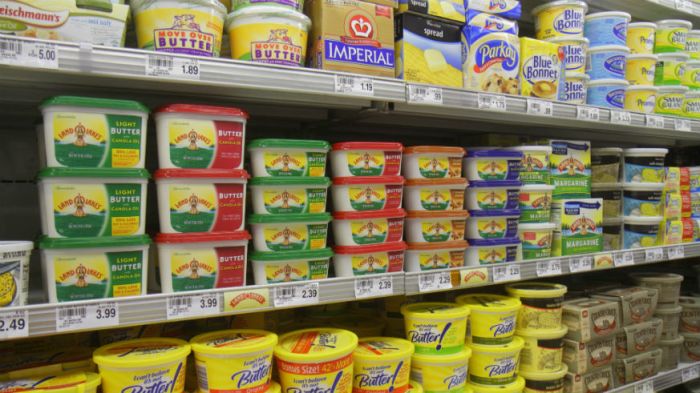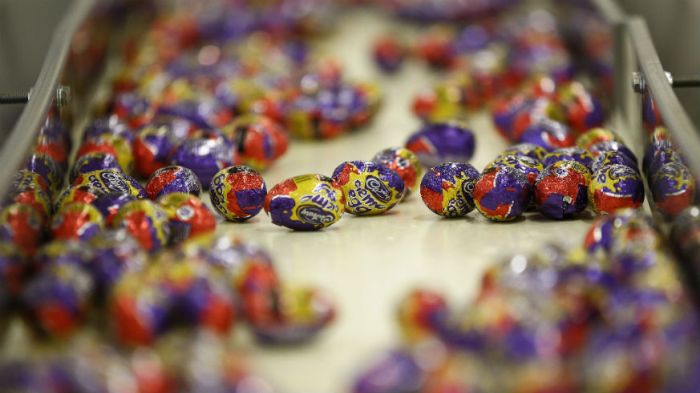We give thanks for our furry family members and want to spoil them year ‘round, but while we indulge in Thanksgiving goodies, we need to be the humans in the relationship and monitor what our party animals get into.
Here are some pet safety tips to get you through your Thanksgiving meal.
1. Turkey
It’s protein! Dogs and cats eat meat! So why should you think twice about giving Charlie a taste of Tom turkey?
If the meat is smothered in onions, garlic, butter or other pet no-nos, sorry Charlie, but no turkey for you. If the meat is plain (unseasoned), boneless and well-cooked your dog or cat should be OK for a little nosh.
2. Ham
Another Thanksgiving favorite is ham. Not sure why, but it is. Here’s the problem: animals who consume too much fat don’t just get fat; they can get sick. Pork products can cause pancreatitis, vomiting and diarrhea. Never mind the stress on your pet, but who wants to fight a tryptophan coma for an extra expensive animal ER visit?
Also, think about how thirsty you get after a salty slab of ham. Our four-legged friends can suffer from “excessive thirst and urination, or even sodium ion poisoning,” according to the ASPCA.
3. Stuffing/dressing
Whether it’s in the bird (stuffing) or on the side (dressing), this savory blend of carbs is basically poison. Wild mushrooms, grapes and their shriveled counterparts raisins, plus onions and garlic can wreak havoc on your cat’s or dog’s digestive tract.
“No matter what form they’re in (dry, raw, cooked, powder, or within other foods), onions are some of the absolute worst foods you could possibly give your pup (it’s poisonous for dogs, and it’s even worse for cats),” Sadie Cornelius, Marketing Director for Canine Journal told Reader’s Digest.
And if the stuffing has grapes, raisins, nuts or any other extra bits, just consider it the doggie Deathstar.
4. Sweet potatoes
Sweet potatoes are actually on Animal Planet Travis Brorson’s list of acceptable snack foods to use while training your pet, but here’s the catch: you know how you always try to sneak and take the marshmallow off the top and leave the potato in the dish? Yeah, it’s that sweet, sticky good stuff that will put your pet’s icky tummy in turbo. You’re dealing with the in-laws… do you really want to deal with dog barf in your dining room?
Sweet potatoes are fine if they are unseasoned.
5. Pumpkin pie
Pumpkin pie is a hard no, but dogs and cats luuurve canned pumpkin (the plain puree, not the pumpkin pie mix). Go ahead and give them a little scoop before you mix the cake or pie —pumpkin helps with pet digestion.
6. Chocolate and nuts
Just no. Chocolate can be fatal for dogs and cats due to theobromine, which can cause vomiting, diarrhea, seizures and even death.
Unless you have a therapy squirrel, no nuts for your pets. Almonds, pecans, walnuts all cause stomach upset, vomiting and diarrhea. Then there’s that pesky pancreatitis. And those fancy macadamia nuts can lead to “weakness, depression, vomiting, tremors and hyperthermia,” the ASPCA said.
7. Caffeine and alcohol
We’re going to lump these two together because really? As a pet parent (and functioning human being), you surely know that giving your pet a slurp of joe or a nip of the hooch is a bad idea.
Caffeine consumption by pets can lead to vomiting, diarrhea, panting, excessive thirst and urination, hyperactivity, abnormal heart rhythm, tremors, seizures and even death.
Just like a drunk human sloppapotomus, pets can get alcohol poisoning. So, no rum cake, rum balls or a little lick of Uncle Leo’s crème de mint. Getting your pet drunk might sound funny (to a child who doesn’t know better), but intoxication can lead to seizures, respiratory failure and death.
See how the list of complications of giving your dog or cat caffeine and alcohol both end in “death?” Just don’t.
Looking for a longer list? Check out the ASPCA’s “People Foods to Avoid Feeding Your Pets.”
If you suspect your pet has eaten any potentially dangerous foods, please note the amount ingested and contact your veterinarian or the ASPCA Animal Poison Control Center at (888) 426-4435.





















